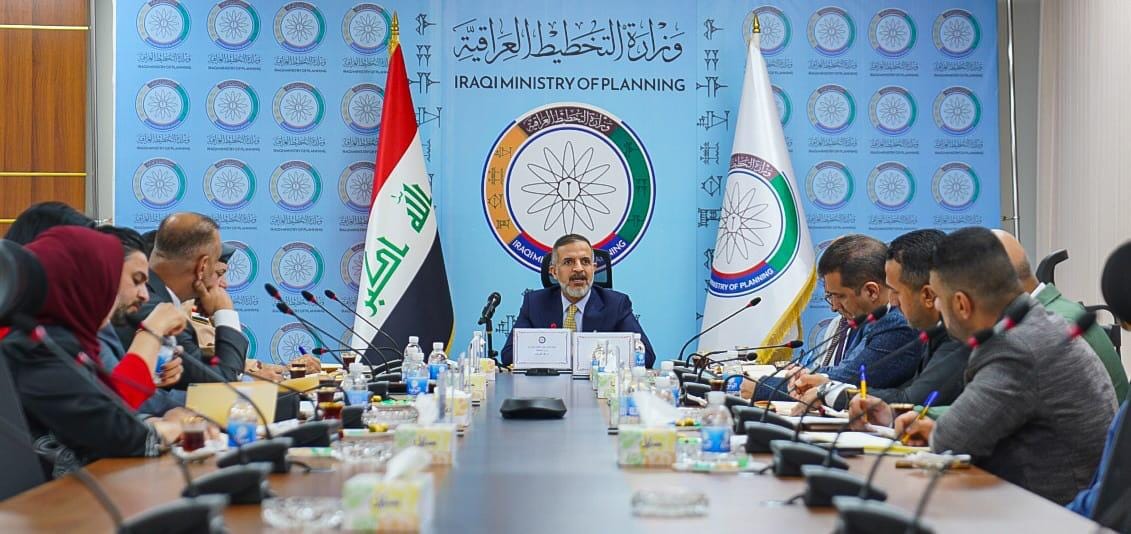Iraq set to conduct first nationwide census in 37 Years
For the first time in 37 years, Iraq is set to conduct a nationwide census on November 20 and 21, an initiative aimed at reshaping the country’s governance, resource allocation, and development planning. The 2024 census will be the first comprehensive demographic study since 1997, with outcomes expected to have profound implications across Iraq, particularly in disputed areas and the Kurdistan Region.
Iraq’s census history dates back to the 1920s, with the last nationwide count conducted in 1987 and a partial census in 1997, which excluded the Kurdistan Region. For decades, the country has relied on unofficial estimates, with the Ministry of Planning projecting Iraq’s population at 42.2 million in 2022 and 43.3 million in 2023. The absence of up-to-date demographic data has significantly hampered Iraq’s ability to plan effectively, underscoring the critical importance of this census.
The multiple postponements of the census in recent years stem largely from political resistance, as updated demographic data could have a substantial impact on policymaking, particularly regarding the allocation of financial resources across Iraq. Kurdish leadership in Erbil has expressed particular concern about the potential implications for budgetary allocations and the fate of the so-called disputed territories. However, the decision to exclude sect-based affiliations from the census has eased pushback from Sunni leaders this time around.


